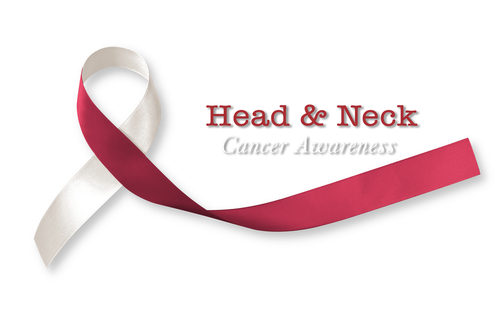Oral head and neck cancer is a serious condition that affects thousands of people every year. In an effort to raise awareness about this disease and promote early detection, Oral Head and Neck Cancer Awareness Week is observed every year during the month of April. In this article, we will discuss what you need to know about oral head and neck cancer, including its causes, symptoms, diagnosis, and treatment.
Causes of Oral Head and Neck Cancer
Oral head and neck cancer can be caused by a number of factors, including tobacco and alcohol use, exposure to the human papillomavirus (HPV), and a weakened immune system. People who smoke or drink heavily are at a higher risk of developing this type of cancer, as are those who have been exposed to HPV. In addition, people with weakened immune systems due to conditions such as HIV/AIDS or certain medications are also at a higher risk.
Symptoms of Oral Head and Neck Cancer
The symptoms of oral head and neck cancer can vary depending on the location and stage of the cancer. Some common symptoms include:
- A sore in the mouth or throat that doesn’t heal
- Difficulty swallowing or speaking
- Persistent pain in the mouth or throat
- Swelling or lumps in the neck
- A persistent cough or hoarseness
- Ear pain
If you experience any of these symptoms, it is important to see a healthcare professional for evaluation.
Diagnosis of Oral Head and Neck Cancer
Diagnosis of oral head and neck cancer typically involves a physical examination and medical history review, followed by a biopsy of any suspicious tissue. Imaging tests such as X-rays, CT scans, and MRIs may also be used to determine the extent of the cancer and whether it has spread to other parts of the body.
Treatment of Oral Head and Neck Cancer
Treatment options for oral head and neck cancer depend on the location and stage of the cancer, as well as the patient’s overall health. Treatment options may include surgery, radiation therapy, chemotherapy, targeted therapy, or a combination of these approaches. In some cases, clinical trials may also be available.
Prevention of Oral Head and Neck Cancer
There are several things you can do to reduce your risk of developing oral head and neck cancer. These include:
- Quitting smoking or using tobacco products
- Reducing alcohol consumption
- Practicing safe sex and getting vaccinated against HPV
- Eating a healthy diet that is high in fruits and vegetables
- Practicing good oral hygiene, including regular dental check-ups
Conclusion
Oral head and neck cancer is a serious disease that can have a significant impact on a person’s health and quality of life. By raising awareness about this condition and promoting early detection and treatment, we can help to reduce the burden of this disease. If you experience any symptoms of oral head and neck cancer, don’t hesitate to speak with a healthcare professional for evaluation and treatment.



